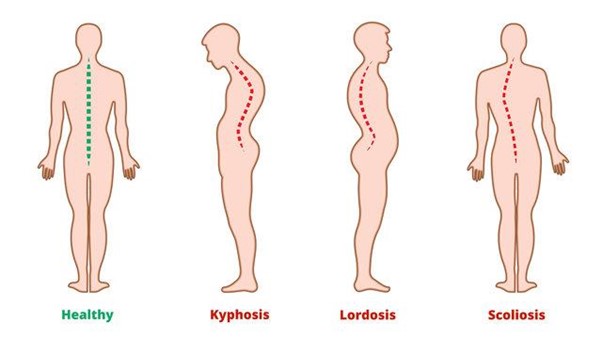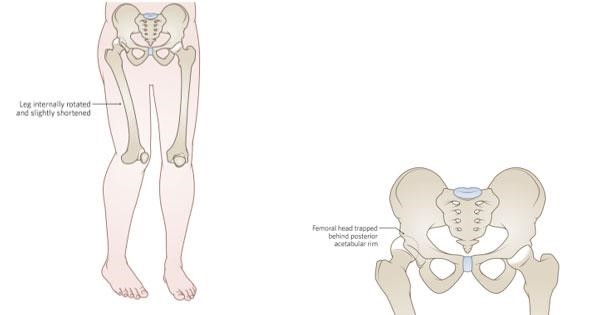A nurse is planning care for a client who has urolithiasis. Which of the following actions should the nurse take?
Apply cold compress to the client's flank area
Restrict protein intake to 2 servings per day.
Encourage intake of at least 3 L of fluids per day
Discourage ambulation
The Correct Answer is C
A. Apply cold compress to the client's flank area - Applying a warm compress, not a cold one, to the flank area can help alleviate pain associated with urolithiasis. Heat can promote muscle relaxation and increase blood flow to the area, potentially easing discomfort.
B. Restrict protein intake to 2 servings per day - There is no direct connection between protein intake and urolithiasis. However, specific dietary recommendations may vary based on the type of kidney stones a person has. For example, individuals with certain types of stones might be advised to limit oxalate-rich foods. It's essential to tailor dietary advice based on the composition of the stones.
C. Encourage intake of at least 3 L of fluids per day - Adequate fluid intake, particularly water, is crucial for preventing the formation of kidney stones. Increased fluid intake can help dilute substances in the urine that contribute to stone formation, reducing the risk of stone recurrence.
D. Discourage ambulation - Encouraging ambulation and movement is generally beneficial for patients with urolithiasis. Movement can help alleviate discomfort, prevent complications such as blood clots, and promote overall well-being. Restricting movement unnecessarily is not advisable.
Nursing Test Bank
Naxlex Comprehensive Predictor Exams
Related Questions
Correct Answer is D
Explanation
A. Lordosis: Lordosis is an inward curvature of the spine, commonly seen in the lower back (lumbar spine) or neck (cervical spine). It creates a swayback appearance. Lordosis is not typically associated with osteoporosis.
B. Scoliosis: Scoliosis is a sideways curvature of the spine, creating an "S" or "C" shape. While scoliosis can occur in people of all ages, it is not directly caused by osteoporosis.
C. Ankylosis: Ankylosis refers to the stiffening or fusion of joints, often due to inflammation and progressive loss of function. It is not a spinal deformity associated with osteoporosis.
D. Kyphosis: Kyphosis is a forward rounding of the back, leading to a hunched or humpbacked posture. It commonly affects the upper back (thoracic spine) and is associated with osteoporosis, especially in older adults. When the bones in the spine weaken due to osteoporosis, they can compress and collapse, leading to the development of kyphosis. This condition is sometimes referred to as a dowager's hump when it occurs in older women.

Correct Answer is A
Explanation
A. Right hip dislocation: In a hip dislocation, the head of the femur is forced out of the acetabulum, which is the socket in the pelvis. This can cause a noticeably shorter leg, hip deformity, and acute pain. Imaging might not show a fracture in the case of a dislocation.
B. Right hip contusion: A hip contusion is a bruise on the hip, usually caused by a direct blow or trauma. While it can cause pain and swelling, it typically does not result in a noticeably shorter leg or hip deformity.
C. Right hip strain: Hip strain refers to damage to the muscles or tendons around the hip joint due to overuse or sudden twisting movements. While it can cause pain, it does not typically lead to a noticeable leg shortening or hip deformity.
D. Right hip osteoarthritis: Osteoarthritis is a degenerative joint disease that can affect the hip joint. It leads to joint pain and stiffness but does not usually cause a noticeable leg shortening or acute deformity unless there are severe complications, which are not mentioned in the scenario.

Whether you are a student looking to ace your exams or a practicing nurse seeking to enhance your expertise , our nursing education contents will empower you with the confidence and competence to make a difference in the lives of patients and become a respected leader in the healthcare field.
Visit Naxlex, invest in your future and unlock endless possibilities with our unparalleled nursing education contents today
Report Wrong Answer on the Current Question
Do you disagree with the answer? If yes, what is your expected answer? Explain.
Kindly be descriptive with the issue you are facing.
